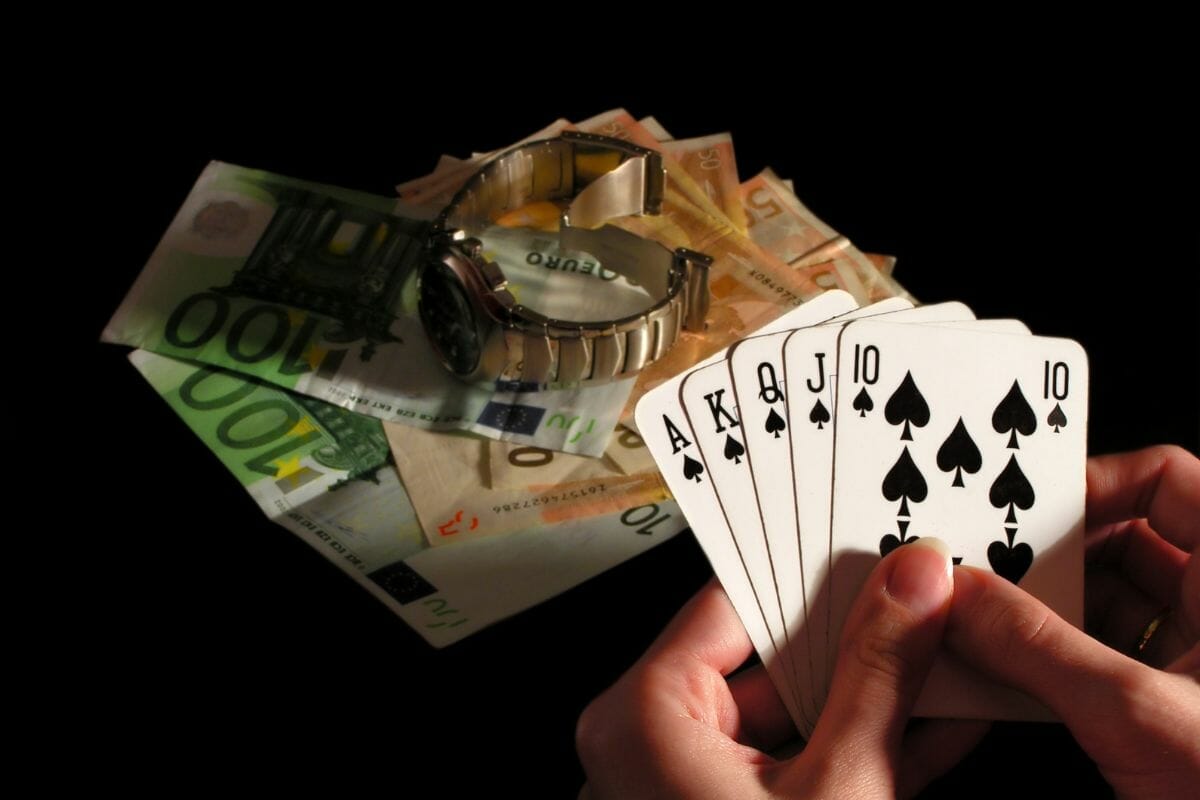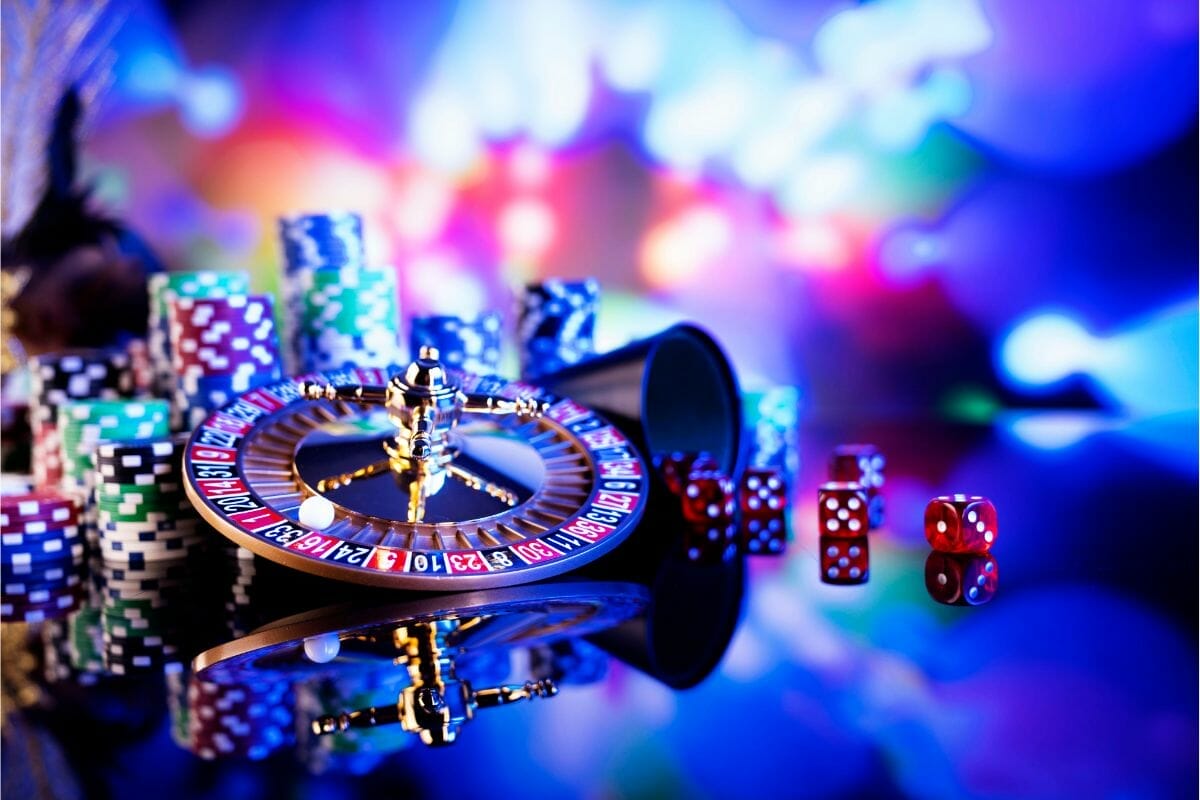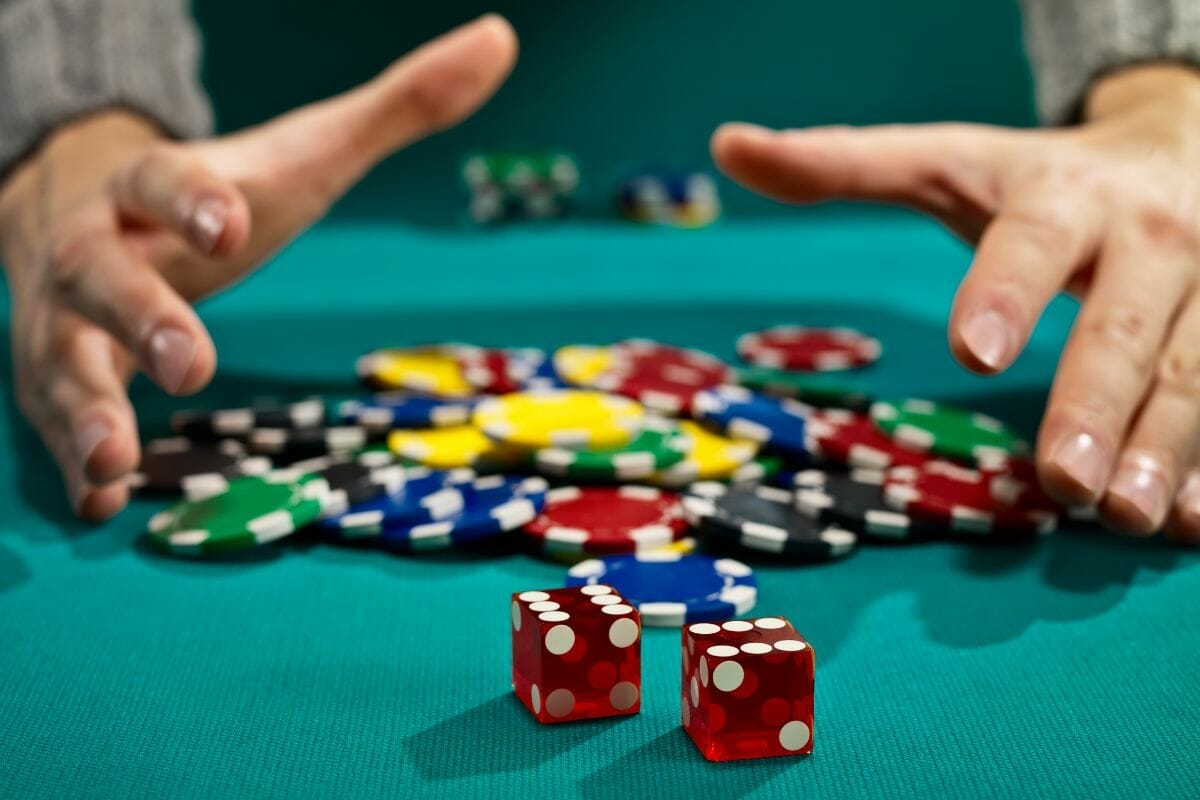Those who don’t have issues with gambling addictions, may be curious as to why some people continue to gamble even after major losses.
If you were to lose a significant amount of money whilst gambling, surely this would be enough to deter you from betting again?
But, this simply isn’t the case, as evidenced by millions of people who suffer from gambing addictions.

The issue is that because it is an addiction, in the same way that some people suffer from drug or alcohol addictions, they don’t know when to stop.
Oftentimes, avid gamblers will set themselves limits and budgets that they mean to stick to, only to find themselves completely bypassing these. In extreme cases, people lose all of their savings, homes, and personal belongings.
So, how do gamblers feel after they lose, and what motivates them to continue gambling? To find out the answers to these questions, simply keep reading below as we take a closer look.
How Do Gamblers Feel After Losing?
So, let’s just jump straight in and answer the titular question, what exactly do gamblers feel after losing a game?
Well, this question isn’t all that simple to answer. Many people would expect gamblers to feel remorse, guilt, or despair, and we’re not saying that these don’t come into play, but a gambler will primarily feel an urge to continue their addiction first and foremost.
The most interesting thing to learn about problem gamblers, is that they don’t just experience a rush, or ‘high’ after winning, but also when they lose.
That’s right, people with gambling addictions have actually been proven to experience a rush when they lose, just as often as when they win.
This may be confusing to some, because after all, losing isn’t a positive experience. But, it’s the variability of gambling that is so addictive for some people.
If a gambler loses a game, they will still feel high, purely because they believe that they have a chance to win in the next round. Gambling is a highly unpredictable practice, and so it’s impossible to tell whether or not you’ll be successful.
Gamblers love to believe that they will eventually be awarded for their gameplay, despite circumstances pointing otherwise.
Scientific research has proven that when a gambler makes a bet, certain areas of their brain will light up, these are responsible for creating the feelings of adrenaline in our bodies.
Because this portion of the brain has already been activated when they make the bet, it doesn’t matter whether they win or lose.
Ways To Combat Gambling Addiction
Like any other addiction, it’s impossible for the addict to simply switch off their behavior, especially when prompted by other individuals. Gamblers will only be able to sever their addiction if they have the motivation and the desire to do so.
There are many groups out there specifically designed for those who have gambling addictions, where people can meet those who suffer from similar issues.
Simply feeling as though you’re not alone can be integral when it comes to recovery.
There are also a number of specialist therapists out there who are trained specifically to treat those with gambling addictions.
Behaviors That Gambling Addicts Engage In

There are a few different practices that most gambling addicts will engage in when they lose (see also “Which Types Of Gambling Are The Most Addictive?“). Below, we look at some of the most common.
Post Loss Spending
Post loss spending refers to when a gambler has already lost a significant amount of money during play, but continues to engage in the game in the hope that they’ll win it back.
Often, the gambling in these instances will become more frenzied because the stakes are higher.
Gamblers will tend to bet faster, and in more of a haphazard manner. Instead of practicing caution and reserve, most gambling addicts will feel frantic, causing them to make mistakes and misjudgements.
Chasing Losses
Another common behavior that gambling addicts will engage in is something called chasing losses. This is something that we briefly discussed above.
Even if a gambler has lost a significant amount of money, they’ll continue to ‘chase’ after it, believing that they’re one spin away from winning all of their cash back.
Of course, in reality, there is no skill or expertise required to gamble, it is purely up to fate. Therefore, it’s completely nonsensical to engage in this type of behavior, as there’s no guarantee that you’ll win.
The Effects Of Gambling On Mental Health
Gambling can take a massive toll on people’s mental health. Like many other addictions, it serves to numb masked feelings of unworthiness and depression.
Many alcoholics, for example, will drink in order to forget past traumas or current problems.
In the same way, gambling is a form of escapism and distraction for people who engage in it. Gamblers are at risk of extreme financial problems, that in some cases, can cause them to borrow money, or even steal it from others.
Although they still experience a ‘high’ after losing because of the adrenaline, this will later be followed by shame and remorse, which can severely impact feelings of self worth. In extreme cases, this can lead to suicidal thoughts.
This is why it’s so important for those who are suffering from gambling addictions to speak up, and reach out for help.
Final Thoughts
To sum up, people who have gambling addictions will still experience a ‘high’ after losing. This is because there are certain areas of their brains that are activated each time they make a bet, resulting in a rush of adrenaline.



